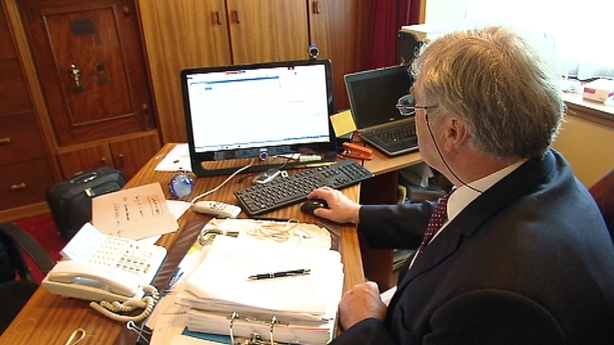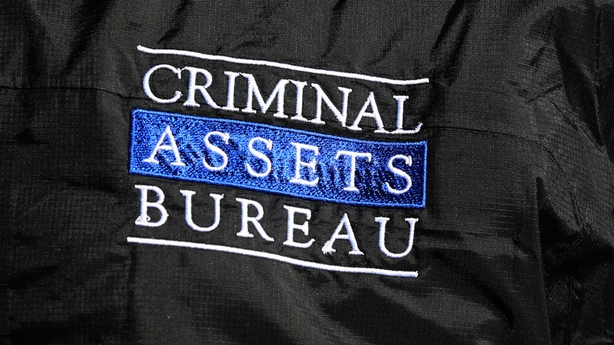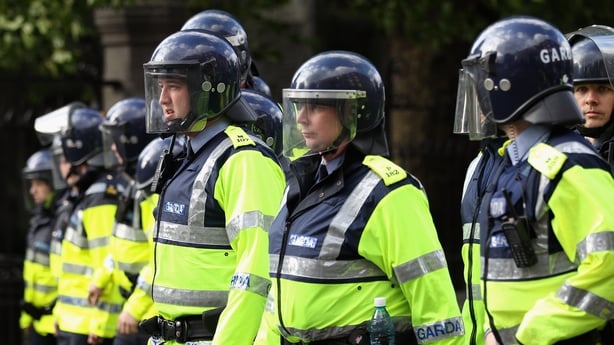One of the architects of the Criminal Assets Bureau has said there is no alternative to introducing legislation similar to that used against subversives during the Troubles in order to tackle gang and organised crime.
Speaking on RTÉ’s Drivetime, Barry Galvin said legislation designed to combat organised crime needs to be amended to allow for the admission in court of "belief" evidence from senior gardaí.
Minister for Justice Frances Fitzgerald is currently preparing draft legislation to strengthen CAB and is due to brief her Cabinet colleagues on the matter in the next ten days.
Mr Galvin, credited with drafting the legislation which established CAB in 1996, said court of belief evidence would work similarly to the evidence of a garda chief superintendent under the Offences Against the State Act.
This allows for the conviction of organised criminal gang members based on the belief and evidence of a senior garda officer.
Mr Galvin, who went on to be CAB's first legal officer, said such a move would have the effect of shifting the burden of proof onto an accused person.
He also suggested the introduction of a statutory process obliging people apprehended for drug trafficking, dealing and possession to tell gardaí the source of those drugs or to face mandatory additional penalties equal to 50% of the maximum sentence for their primary offence.

He said this would cause disruption to the drugs trade. He denied that the efforts of gardaí would be thwarted by the fear of retribution. "You cannot retribute everybody," he said.
Mr Galvin described as "counter productive" the current system used by gardaí to handle informants.
The system, known as CHIS (Covert Human Intelligence Sources), was introduced on foot of recommendations from the Morris Tribunal into policing in Donegal.
He said that, apart from exceptional circumstances, informants are "handled" by officers other than those with whom they have had their initial contact.
He said this was hugely intrusive in terms of gardaí getting the proper levels of information to do their work, and that they were not getting information that they might otherwise get.


An Garda Síochána is hugely under-resourced, both in terms of manpower and in garda remuneration, Mr Galvin said.
Constant retirements from the force for several years was met with a recruitment embargo but a constant recruitment was essential, he added.
He also said that gardaí could not be expected to do what he described as the most dangerous job in the State while they are under-paid.

